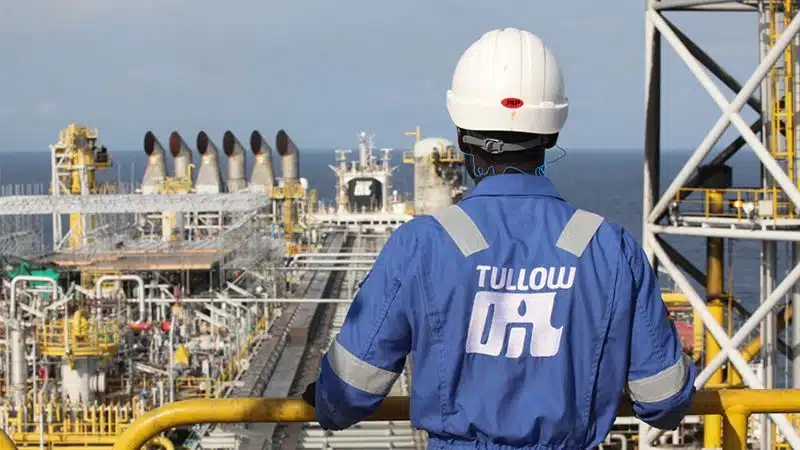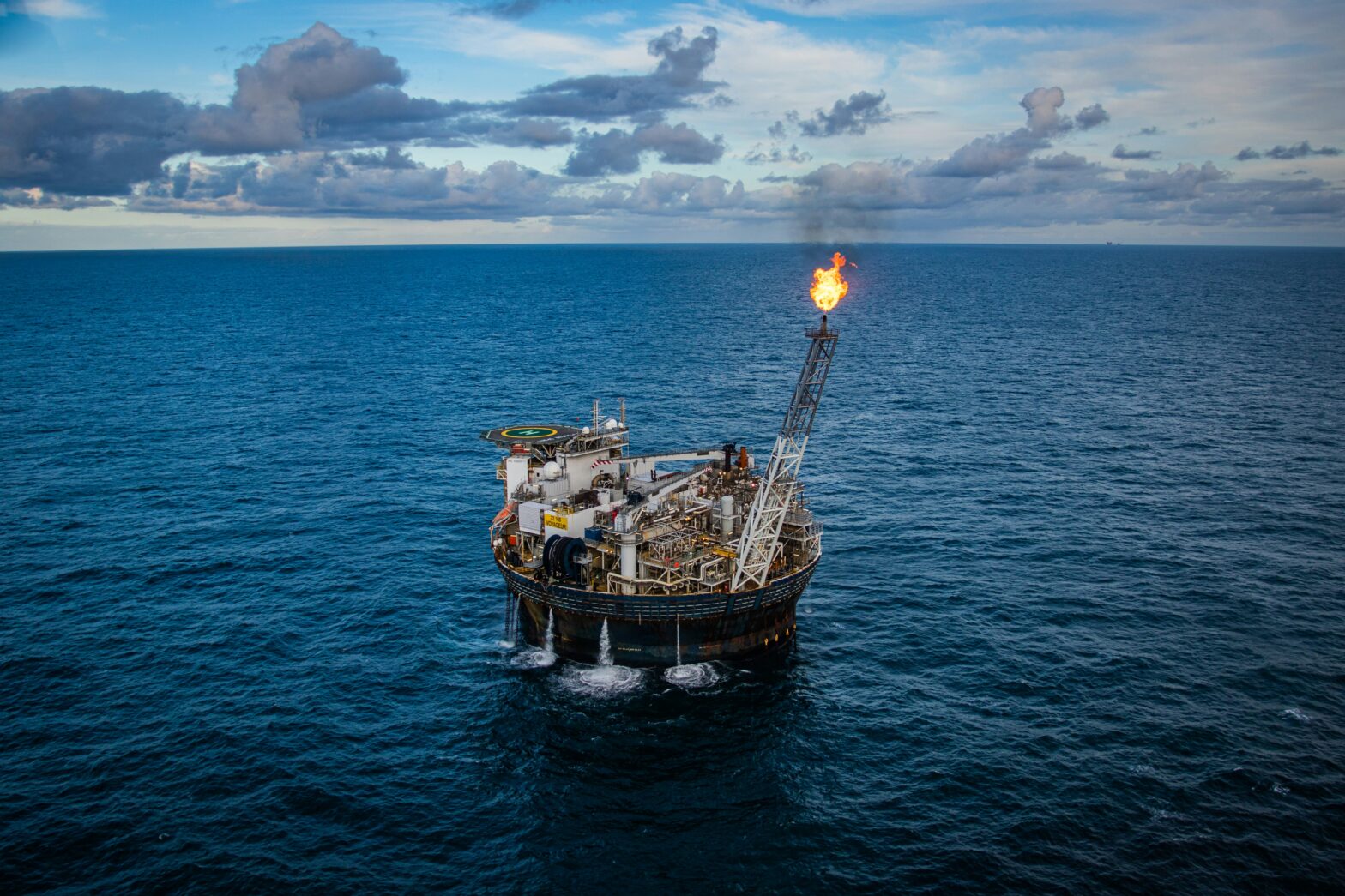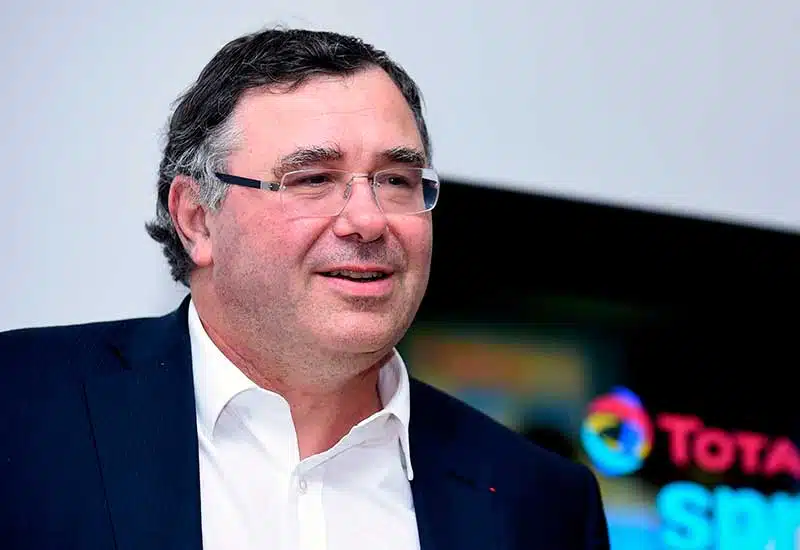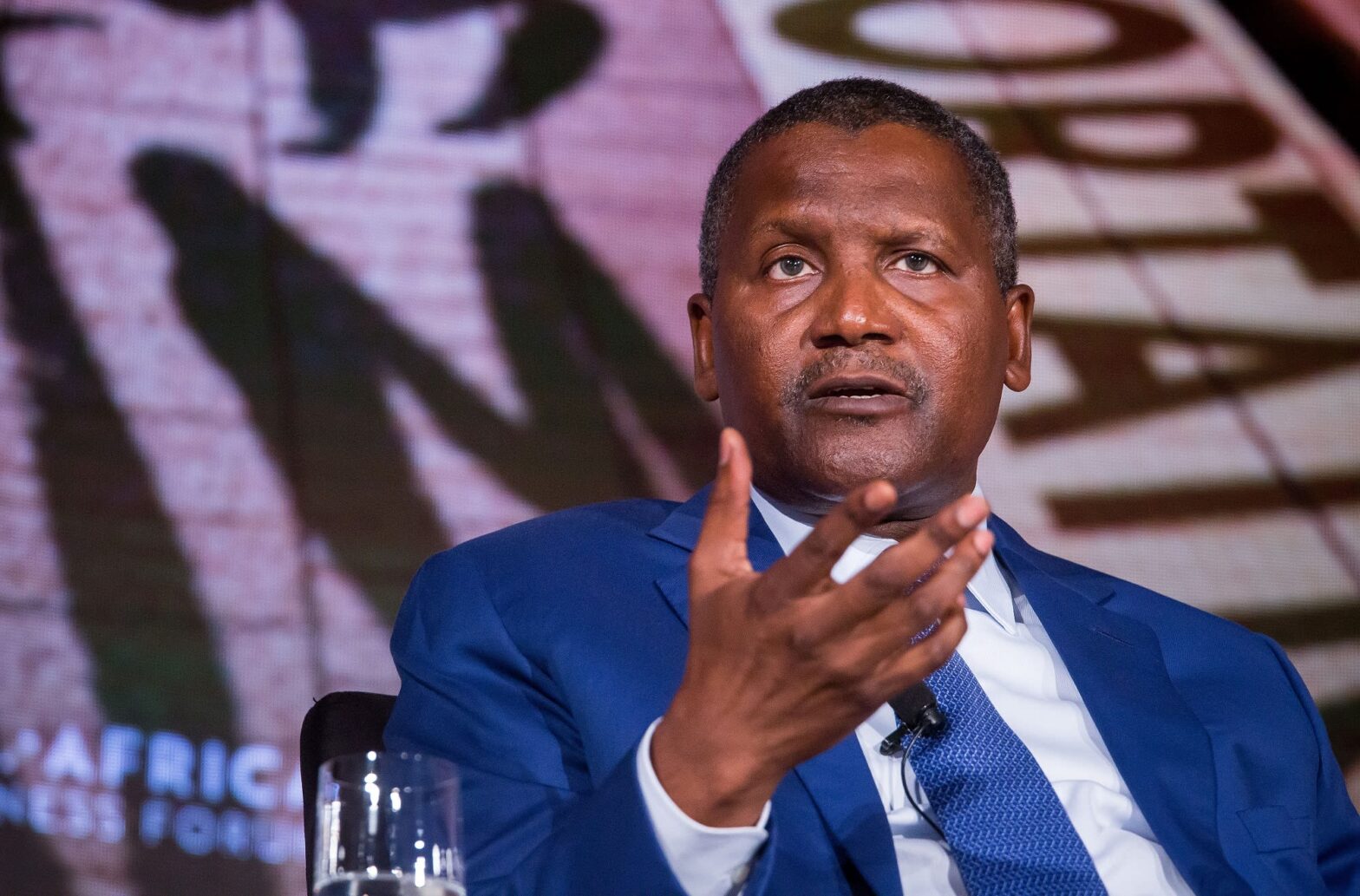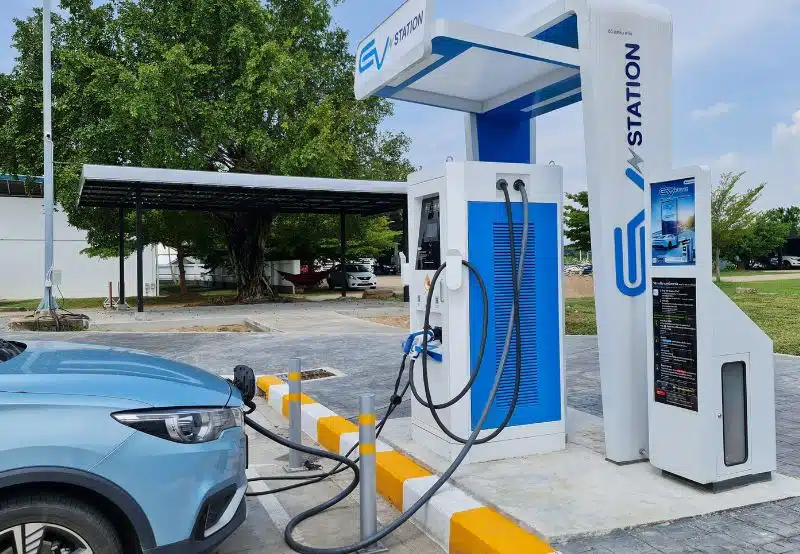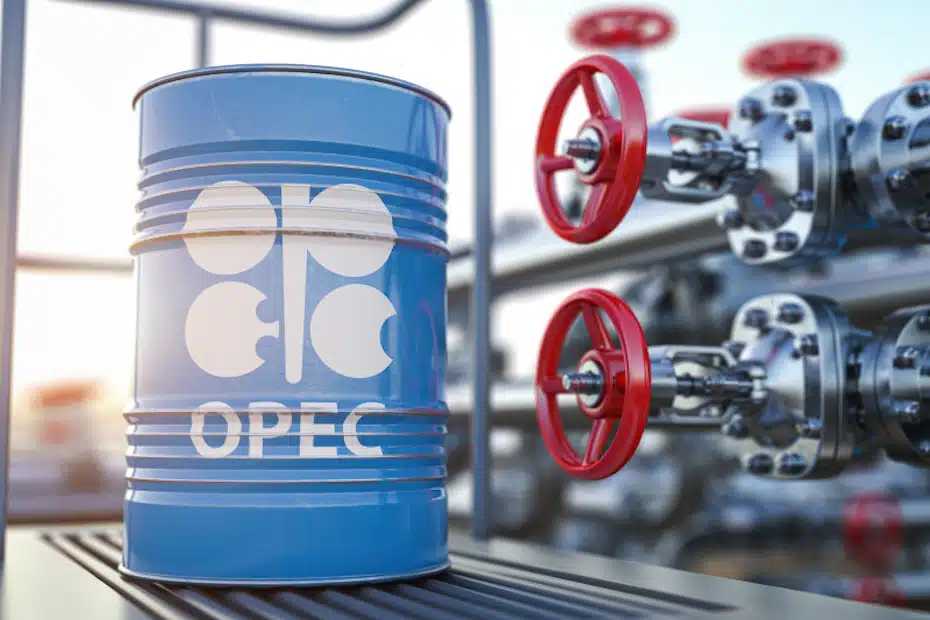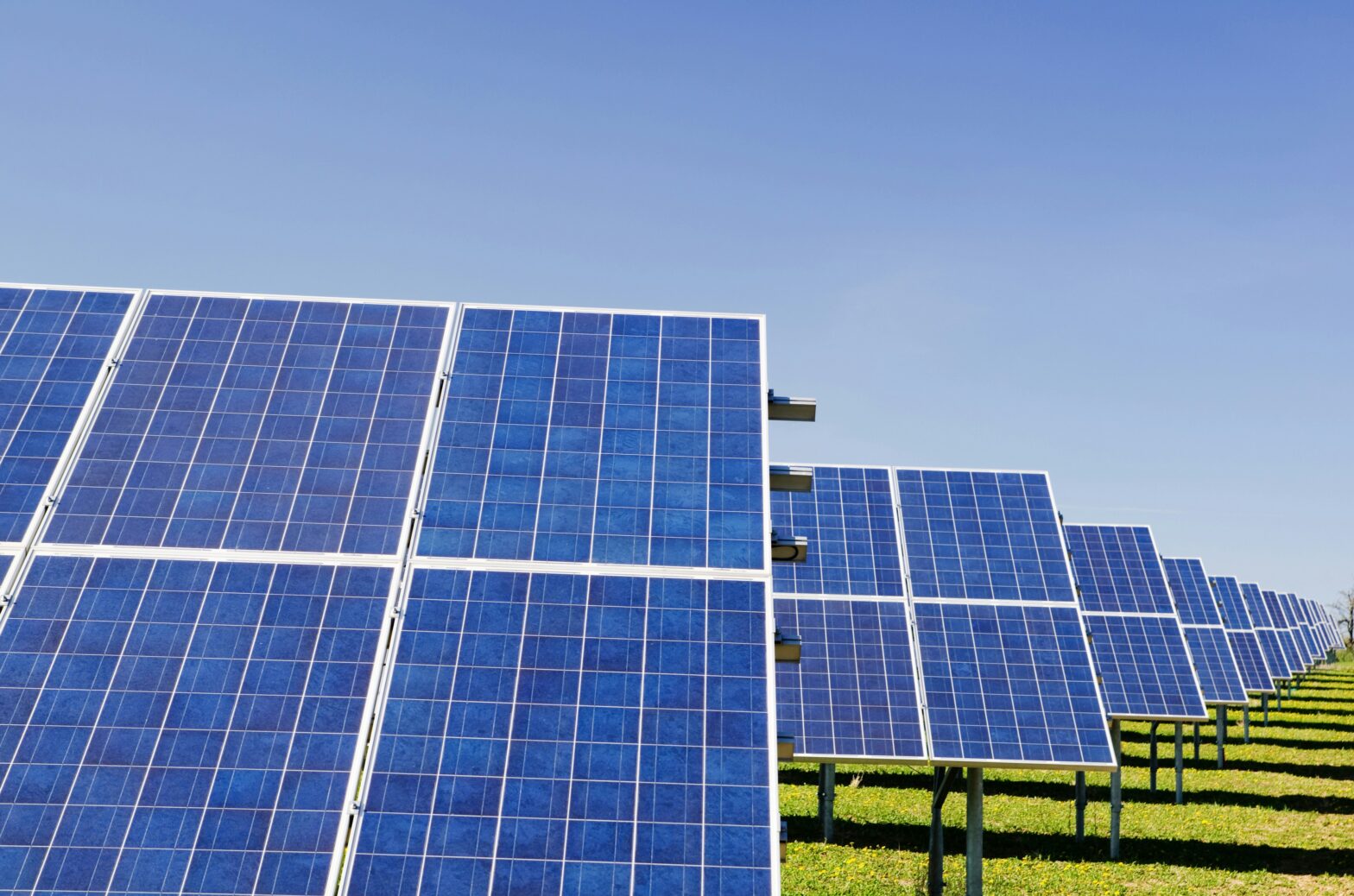The Irish oil major, Tullow Oil, is recently changing course after years of aggressive exploration across Africa.
The London-listed independent firm, once hailed as a pioneer of frontier oil finds on the continent, is now scaling back its investments in several African countries.
The company’s huge debt position and slow growth have led it to implement a turnaround strategy focused on generating free cash flow and stabilising operations.
Over the last five years, the Irish oil company has divested from Kenya, Uganda, and Gabon, only now focusing on its core operations in Ghana.
We look at them closely.
Kenya
Tullow announced in April 2025 the sale of its South Lokichar assets in Kenya to Gulf Energy Ltd for at least $120 million.
The company assumed 100% working interest in the asset after the exit of TotalEnergies and Africa Oil in 2023.
But the prohibitive cost of building an export infrastructure pipeline and a failure to bring the basin into production forced the company to farm out the project.
Gabon
Tullow also announced divestments in Gabon and Uganda in recent years.
The $307 million Gabon deal was completed last in July, ending Tullow’s 21 year presence in the Central African country’s upstream sector.
The company said it would use part of the funds to offset a $150 million liability and focus on high-margin operations.
Uganda
Earlier in 2020, Tullow exited Uganda’s Lake Albert project for $575 million, which also helped offload its future tax and liability exposure.
The company sold its entire interests in the oil-rich East African nation to TotalEnergies.
The deal included Tullow’s stake in the then-proposed East African Crude Oil Pipeline (EACOP). The pipeline project is now over halfway through its mechanical completion.
Combined, Tullow Oil has obtained up to $1 billion from the divestment of these three African assets.
Sweeping financial pressures
The major reason behind Tullow’s recent asset sales and farmouts across Africa is because of its heavy debt and slow growth potential.
Both have reduced the Irish oil and gas giant to a shadow of its former self.
Tullow’s market capitalisation has declined significantly from over $18 billion at its peak to less than $1 billion today.
This sharp decline is attributed to exploration failures, accumulated debt, and lacklustre returns.
This has prompted the company to reassess how it deploys capital.
In 2025, Tullow aims to reduce its debts to less than $1 billion by maximising extraction from its West African mature market, especially the Ghanaian assets.
The company’s then interim CEO Richard Miller, in March said Tullow has absolute confidence in the Jubilee field to deliver material cash flows that could help return business on the path toward growth.
The same view was shared by its former CEO Rahul Dhir, whose sole focus was on Ghana’s proven assets, rather than pursuing deep exploration.
Under Dhir, Tullow Oil aggressively worked to reduce its net debt from a peak of about $2.4 billion in 2020 to approximately $1.6 billion as of early 2024.
Moreso, the company plans to generate up to $800 million in free cash flow between 2023 and 2025, however contingent on favourable oil prices.
Tullow’s core business in Ghana
On the other hand, Ghana is Tullow’s flagship market.
Tullow first entered Ghana’s oil industry shortly after the country announced its commercial oil in 2007 at the Jubilee field.
The Irish firm acquired Jubilee from Kosmos Energy, and eventually discovered Tweneboa-Enyenra-Ntomme (TEN).
While production at Jubilee has grown, overall production targets remain challenging.
Specifically, TEN has underdelivered in recent years, despite being a considerable discovery.
Tullow reported a $110 million loss in 2023 due to lower-than-expected reserves and project delays in Ghana.
However, these are two of Ghana’s only three major oil-producing fields. The other is Sankofa.
Currently, Jubilee and TEN account for about 80% of Ghana’s daily oil production.
Similarly, Ghana accounts for over 85% of Tullow’s total revenue.
It’s no surprise that Ghana plays a central role in Tullow’s current cash-generating strategy.

